The TFSA School of Export has a total of 28 modules spanning across 7 courses. This material is currently Free of charge and will continue to be free into the future.
If you are looking for international trade training, please sign up to the TFSA School of Export here.
We aim to always provide up-to-date information and courses that are in line with the latest policies, regulations, and trade-related laws.
We look forward to seeing you on the TFSA School of Export!
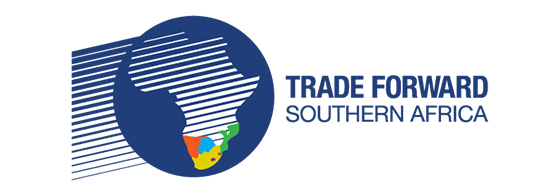
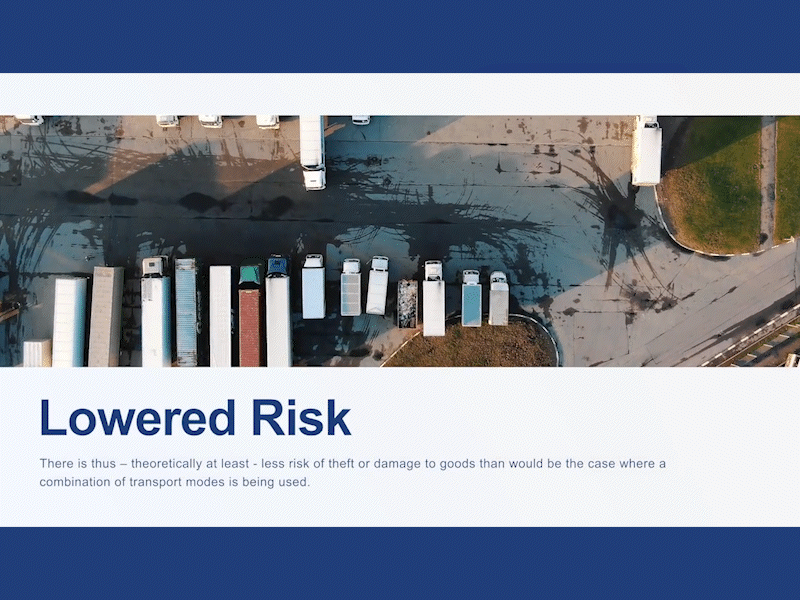
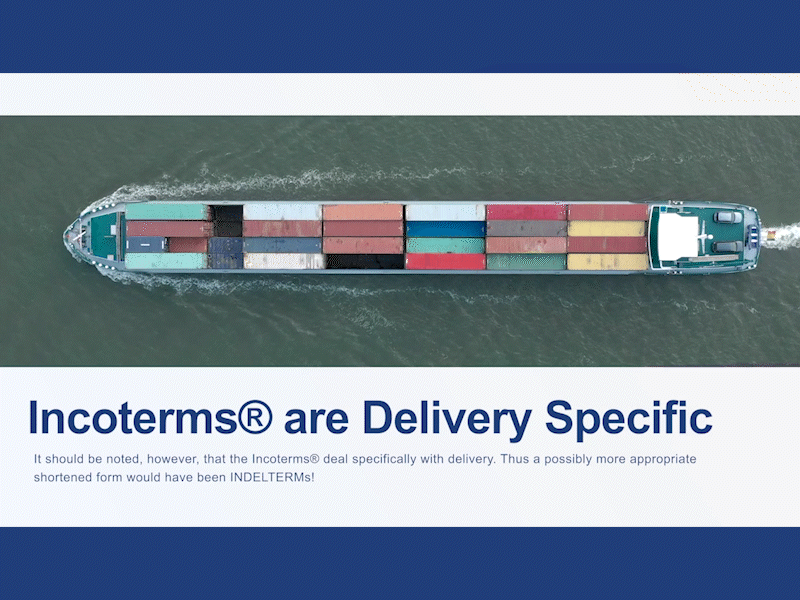
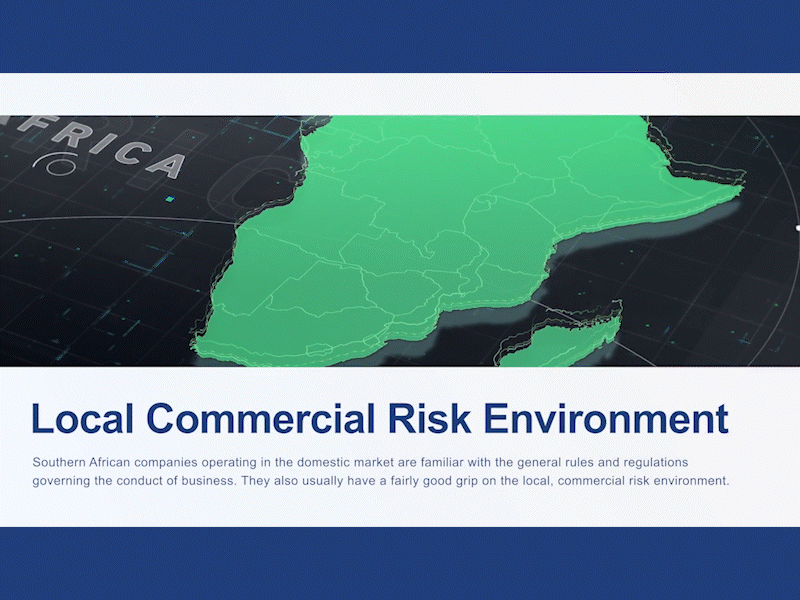
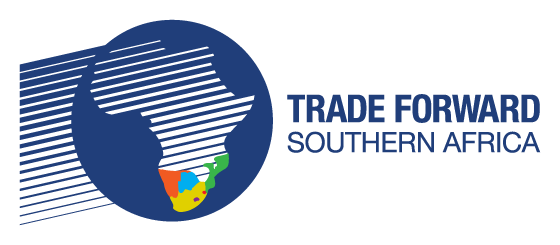





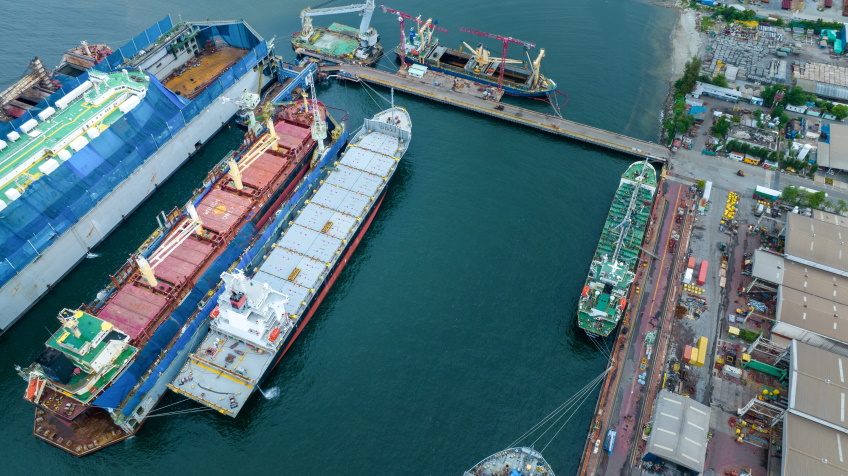
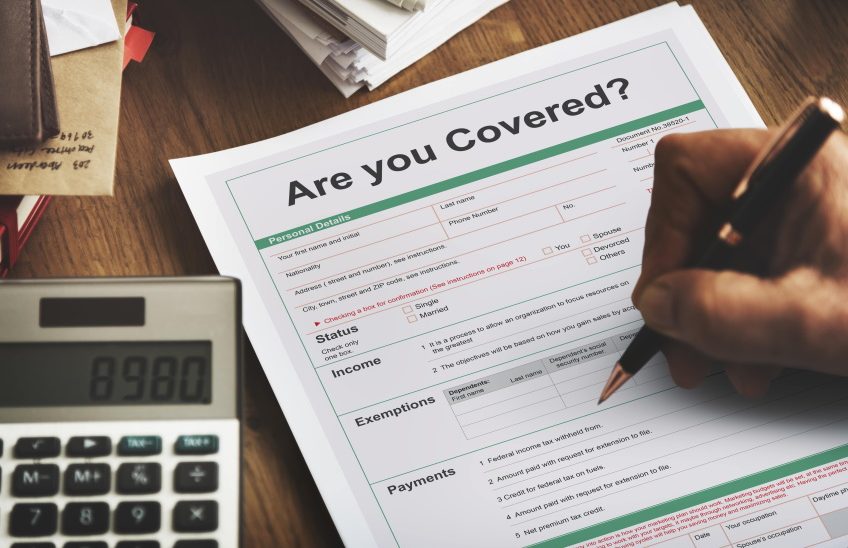

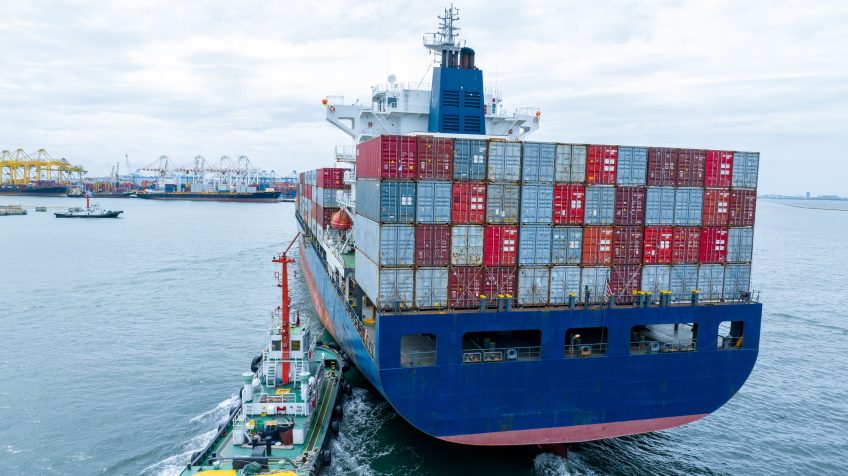





Recent Comments